The following is a guest blog by Judith Verweijen, a researcher at the Nordic Africa Institute in Uppsala, Sweden, and at the Conflict Research Group at Ghent University.
On Monday 5 January 2014, the Congolese military (FARDC) and the South-African contingent of the United Nations' Force Intervention Brigade mounted a surprise attack against a Burundian rebel group operating in Uvira territory (South Kivu) under the name Forces Nationales de Libération (FNL). Deploying no less than nine helicopters, the joint operation soon managed to capture the group’s main bases. The rebels on the run were hunted down over the next days, with some reportedly fleeing into the Itombwe forest and others trying to cross into Burundi. Read More
The deadline provided by the United Nations, the ICGLR and SADC for the FDLR to demobilize expired on Friday. Almost immediately, the UN and Congolese army launched military operations ––not against the FDLR, but against the FNL, Burundian rebels who have several small bases in the Rusizi Plain in South Kivu. The UN said that this attack was a way of clearing the ground for a broader offensive against the FDLR in the coming days. Read More
This is a guest blog by Rachel Sweet, a PhD candidate at Northwestern University. Her research focuses on the politics of armed groups in eastern Congo, in particular on how preexisting business and bureaucratic practices influence armed group organization.
The escalation of violence in North Kivu’s Beni territory has grown increasingly worrisome since initial massacres in October. Not only has the kind of violence become more brutal––including scenes of decapitation and disembowelment that were previously uncommon in Beni and a shift toward attacks in daylight––but the number of victims has grown dramatically. Sources in civil society suggest that over 200 civilians have been killed in the past three months. Read More

Jump to a section of the report:A brief history of a long rebellionThe birth of FNL/Nzabampema… Read More
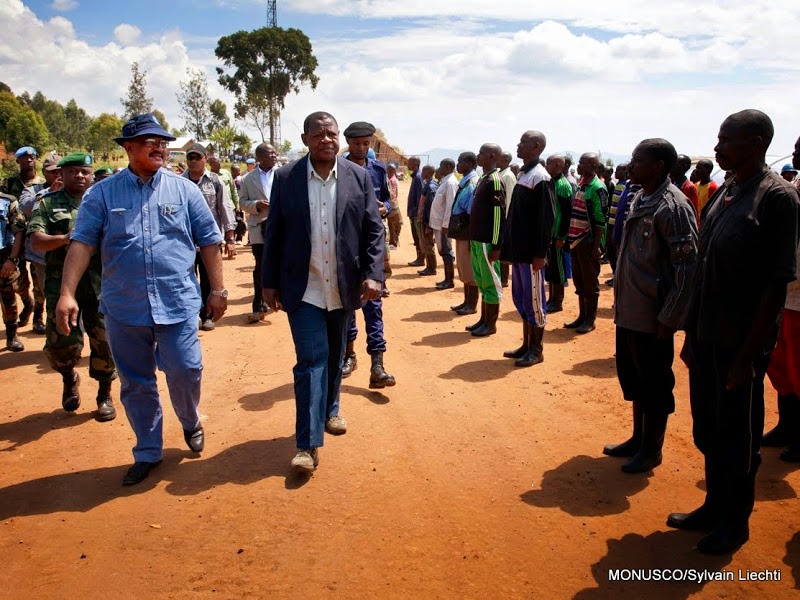
Courtesy RTNC
This morning, Joseph Kabila delivered his annual state of the union address. Dressed in a black tie and suit––perhaps a sign of respect for the recent victims of massacres in the eastern Congo––Kabila's speech lasted for an hour and twenty minutes, in front of both houses of parliament, most accredited ambassadors, and most governors and ministers. Read More
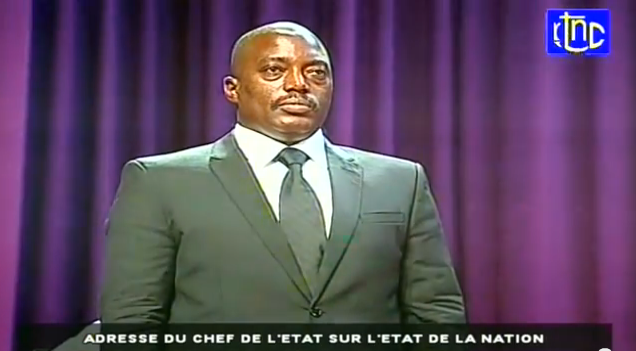
This post has been updated since it was initially published. Jump to a section of the report:A brief history of… Read More
In the wake of the Blaise Compaoré’s precipitous fall from power, foreign diplomats in Kinshasa report that President Joseph Kabila told his… Read More
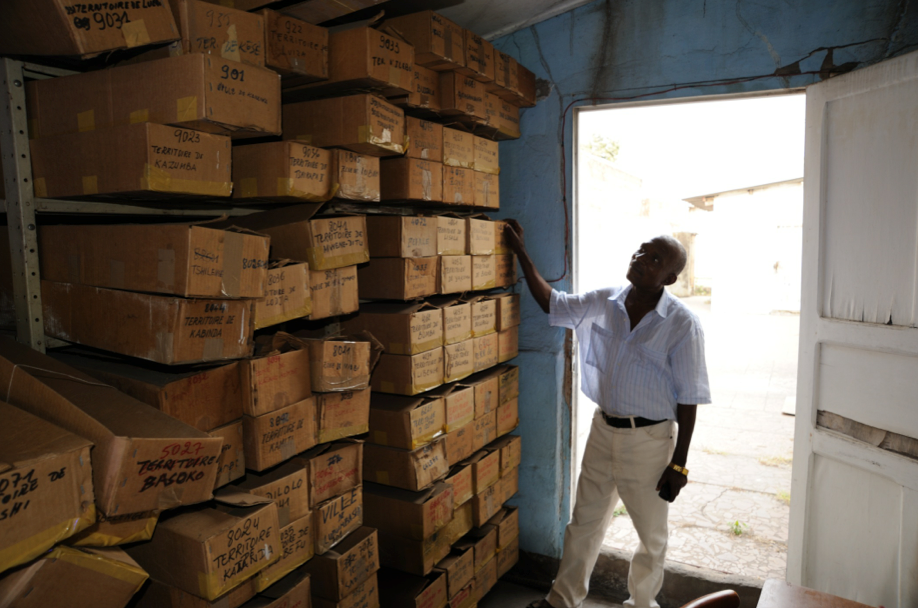
Albert Moleka
Albert Moleka is a leading official in the Union for Democracy and Social Progress (UDPS). Between October 2008 and May 2014, he was first the assistant and spokesman, and later chief of staff and spokesman for Etienne Tshisekedi, the UDPS president. This transcript has been slightly shortened and translated from the original.
Mr. Moleka, the opposition is still worried over the possibility of revising the constitution to allow President Kabila to run for a third term. However, since the events in Burkina Faso it seems that supporters of a revision have taken a step back. How do you interpret this? Read More

Albert Moleka
Albert Moleka est haut cadre de l’Union pour la
démocratie et le progrès sociale (UDPS). Il était entre octobre 2008 et mai 2014
l’assistant et porte-parole puis directeur de cabinet et porte parole d’Etienne
Tshisekedi, président de l’UDPS. Cette transcription a été légèrement
raccourcie de l’original.
M. Moleka, l’opposition est toujours inquiétée par
rapport à la possibilité d’une révision de la constitution pour permettre au
Président Kabila de briguer un troisième mandat. Néanmoins, on constate depuis les évènements au Burkina Faso
que les partisans d’une révision ont pris un peu de recul. Comment vous
interprétez la situation ? Read More

Jump to a section of the report:A brief history of a long rebellionThe birth of FNL/Nzabampema… Read More
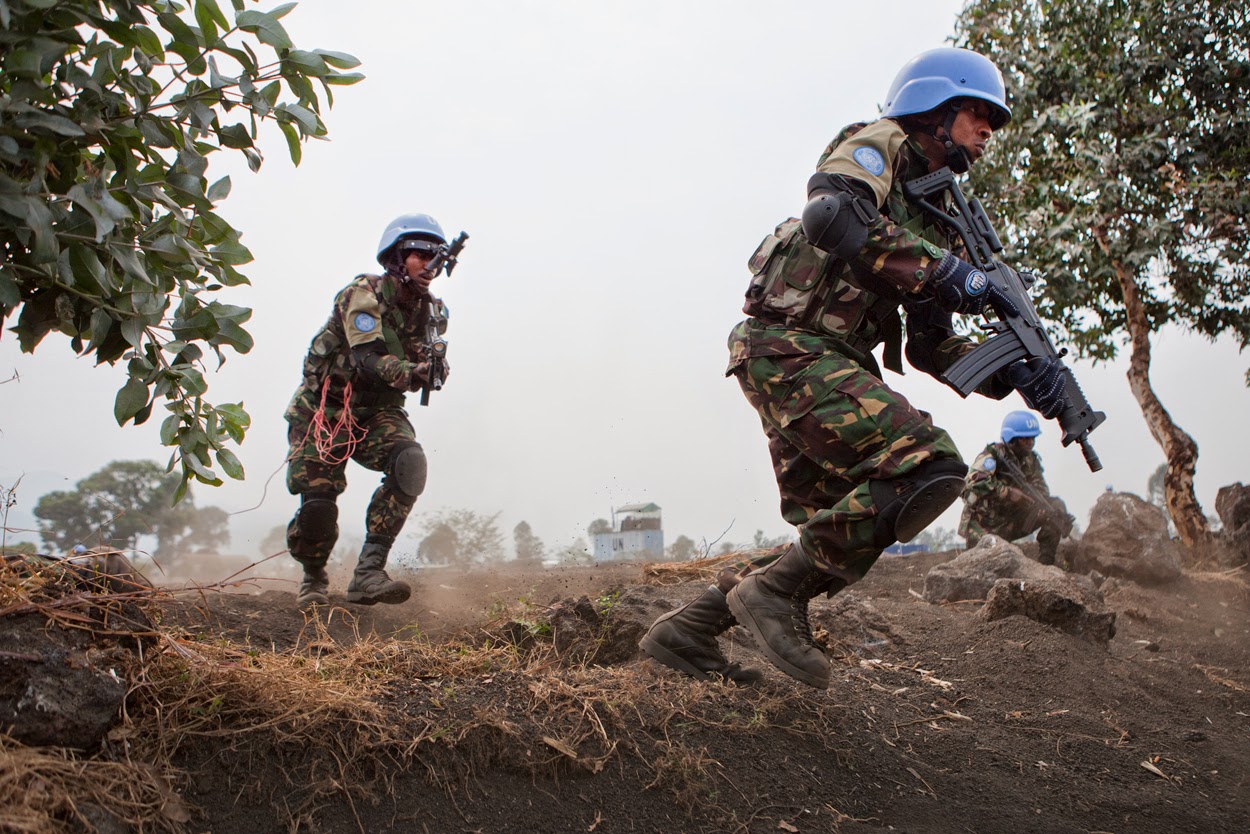
Jump to a section of the report:A brief history of a long rebellionThe birth of FNL/Nzabampema… Read More

Jump to a section of the report:A brief history of a long rebellionThe birth of FNL/Nzabampema… Read More
The following is an edited transcript and a translation of an interview with Dr Gilles Yabi. Political analyst and economist, Dr Yabi spent seven years assenior political analyst and then project director for the West Africa Projectof the International Crisis Group. Holding a Ph.D in economics from the university ofClermont-Ferrand in France, Gilles also worked as a journalist for the weeklymagazine Jeune Afrique. After leaving Crisis Group in November 2013, Gilles isnow independent consultant in the fields of conflict analysis, security andpolitical governance in West Africa. He also publishes articles and editorials on his blog: Le Blog deGilles Yabi (http://gillesyabi.blogspot.com) Read More
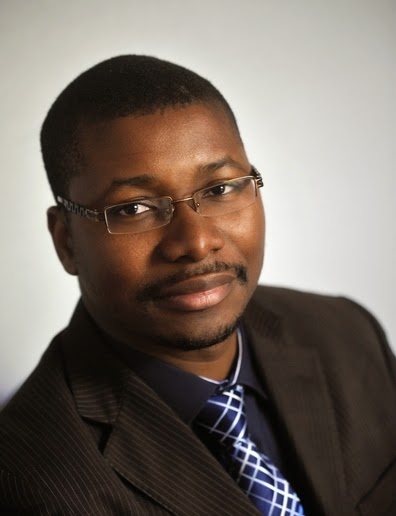
Jump to a section of the report:A brief history of a long rebellionThe birth of FNL/Nzabampema… Read More
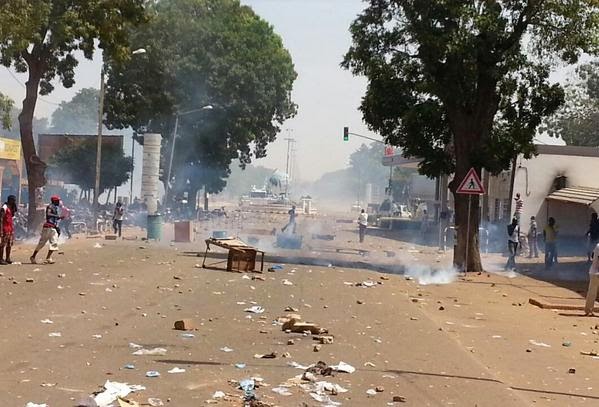
Jump to a section of the report:A brief history of a long rebellionThe birth of FNL/Nzabampema… Read More











